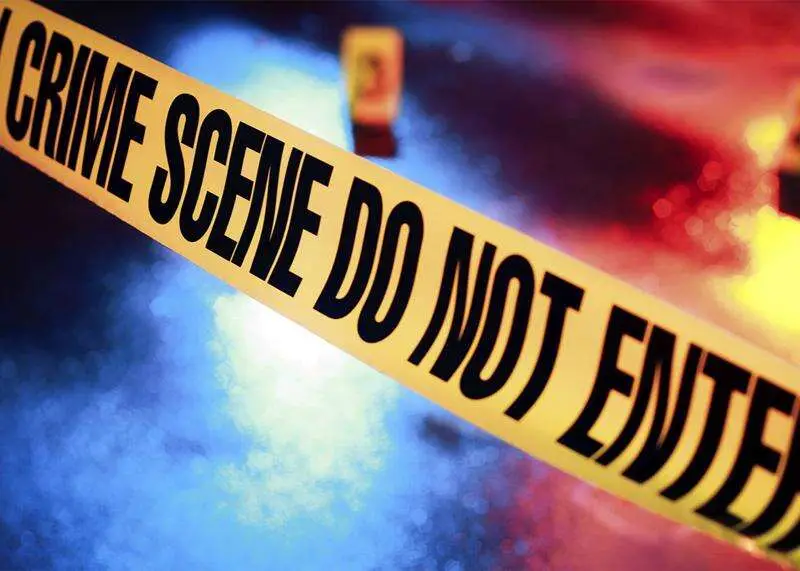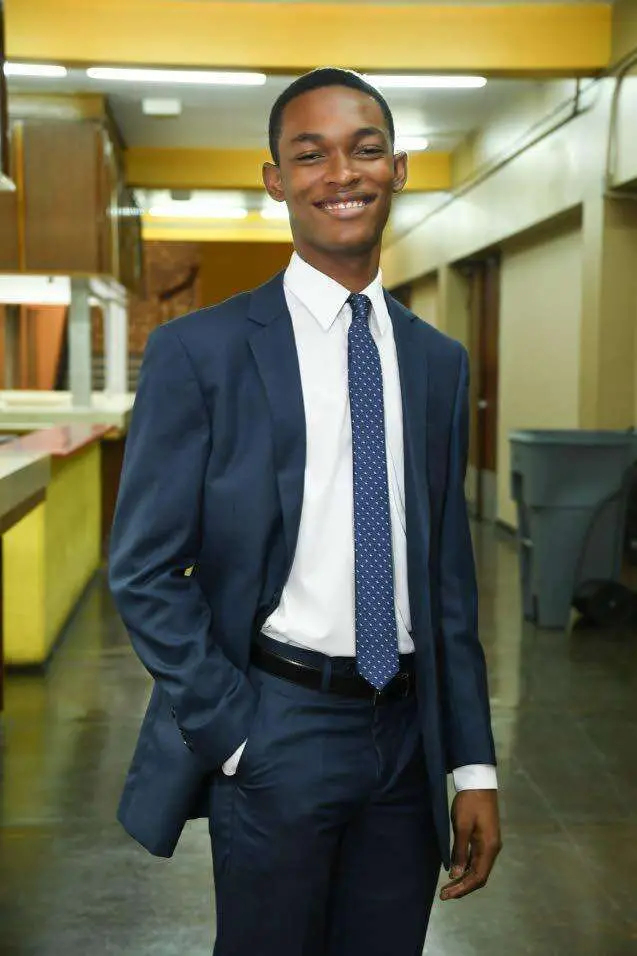
How to reduce crime
Jamaica is an indisciplined nation with a deeply entrenched culture of worshipping ‘badniss’. We’ve all seen how, from petty crimes to heinous acts, it’s promoted and given a pass in daily life.
According to InSight Crime, Jamaica had the highest homicide rate in the entire Caribbean and Latin American region for 2021, an already turbulent year.
The high crime rate has been a thorn in the side of Jamaica for decades; in fact, over 1,ooo people have been murdered every year since 2001, with the exception of 2003. Being in the number one spot, we have surpassed countries like Venezuela, with 49.4 per 100,000 being our official murder rate.
Jamaica also has an immense problem with aggravated assault, rape, domestic abuse, illegal trade, and missing individuals, although these have reduced in recent years.
The Caribbean and Latin America are home to some of the most violent places on the planet and Jamaica topping the list is disheartening.
There are many reasons for this — from the lack of opportunities,broken homes, and toxic environments to culture and mindset. Even minor laws are not respected and followed. How can we, as a nation, tackle serious crimes when people don’t even care about misdemeanours, such as obeying the rules of the road?
For minor crimes to be dealt with, we need accountability not only from the Government, but also the citizens. According to the Ministry of Transport, we have had over 300 road fatalities each year for the last 20 years, with the exception of 2012. Imagine the amount of people who were fortunate enough to survive but had to deal with their injuries.
Many people, over the years, have also had to deal with unexpected exorbitant costs due to recklessness on the road. If we want less fatalities and indecency on the road, street surveillance will need to be increased. The JamaicaEye programme, secured by blockchain technology, should be extended to all street corners in all major cities and towns, and a dash cam initiative ought be started whereby a target attachment rate of 33 per cent is the goal.
If a third of drivers have dash cams in their vehicles, a good number of reckless drivers would be reported through social media and would face sanctions which would discourage more motorists from disobeying the road code.
In addition, the fines need to be updated and inflation pegged for them to not be outdated in a few years and have ridiculously low values decades from now.
These aren’t the only efforts the Government should focus on, though. For this crime-reduction endeavour to be a success, several institutions and programmes will need an overhaul or at least improvements.
There is a dire need for a cleaner and larger police force to enforce these laws efficiently. Jamaica is a country of three million people, with approximately 14,000 police, that gives us a ratio of roughly 214 people to every police officer. If the Jamaica Constabulary Force (JCF) can be increased to around 20,000 people that would drastically help to alleviate the strain on the force and help with youth unemployment at the same time. An increase in pay for lower-ranked officers would also help with morale.
But before that is done, we need a force that has more integrity and is dedicated to justice. The corrupt individuals would have to be weeded out and replaced with young and capable individuals. This can be done through proper testing, anti-corruption training, and a probation period before full employment.
In addition, the infrastructure of the organisation would have to change to make it painstakingly harder to partake in illegal activities, much less get away with these acts. For instance, integrating equipment such as body cams, trackers in every bike/car, log in/out times, and specific access protocols to weaponry/utilities. I see the current Administration doing this and I think they are moving in the right direction. Laws should also be passed that corrupt behaviour by any public servant, including politicians, will be treated as an act of treason. Once these things are done, the integrity of the force will improve, thus causing the trust in the Jamaica Constabulary Force (JCF) to increase.

Jamaica is also in serious need of a fully realised, legitimate intelligence agency. I propose to increase funding to Major Organised Crime and Anti-Corruption Agency (MOCA) and filter as best as possible for quality recruits. This organisation should be given massive financial support and be embedded with safety protocols so that classified information is not disclosed. I believe MOCA would be able to minimise white-collar crime, the illegal narcotics trade, the human trafficking problem, and not to mention the illegal arms trade. It would work with other organisations, such as the National Integrity Action (NIA) and Financial Services Commission (FSC), for example, and have the ability to collect information, execute raids, and carry out arrests.
Our witness protection programme also needs to be improved as many people are willing to testify but, unfortunately, are scared because of the long, arduous process bloated by red tape, not to mention threats to their lives and those of their family members.
The Government needs to reroute money to construct and develop better covert locations in order to protect these people, the infrastructure of secrecy would have to vastly improve as well. If this is not done, the witnesses that the country needs to convict criminals will not show up in the numbers that are needed.
The Coast Guard also needs to be expanded, funded more, and given anti-corruption protocols like the JCF in order for them to carry out a more efficient and robust job in securing our borders.
Jamaica is a natural logistics hub and has been used for nefarious trade activities for decades, if not centuries. The violence can’t stop if illegal supplies continue to enter the country in large volumes; therefore, we must strive to have the largest defence at sea in the English-speaking Caribbean, and this must be done if we expect to expand into trading and logistics.
Another issue is our prisons. Many of our prisons are extremely old and decrepit, not to mention vastly overpopulated. I would propose building a Caribbean-based super-max prison, located off the mainland, which would house high-risk criminals who have committed the most heinous acts.
These convicts must not have the ability to communicate with the world outside the prison walls, and they must work to repay their debts to society through manual labour in different sectors across the country. This would include high-level criminals from other countries in the region, for a price.
Such a prison could generate many jobs, revenue, and also save money, in terms of capital expenditure for the State that could be rerouted for additional crime-fighting and further investments in education. In many countries, prisons are a profitable business.
These are just some of the steps the Government can execute to thwart crime on a systemic basis. But they can’t do it alone. In order for Jamaica to be a peaceful place, the people must have the ability to protect themselves and not simply rely on the State.

Malik Smith is currently pursuing a double major in economics and banking and finance. Send comments to the Jamaica Observer or maliksmith774@gmail.com/@MalikSmithJM.
























